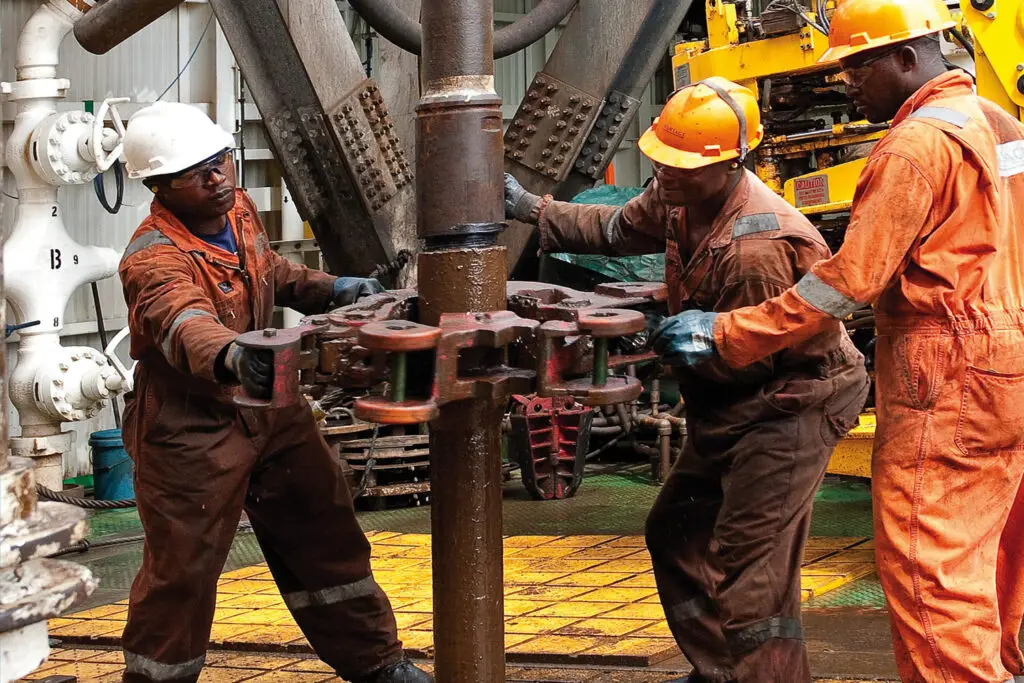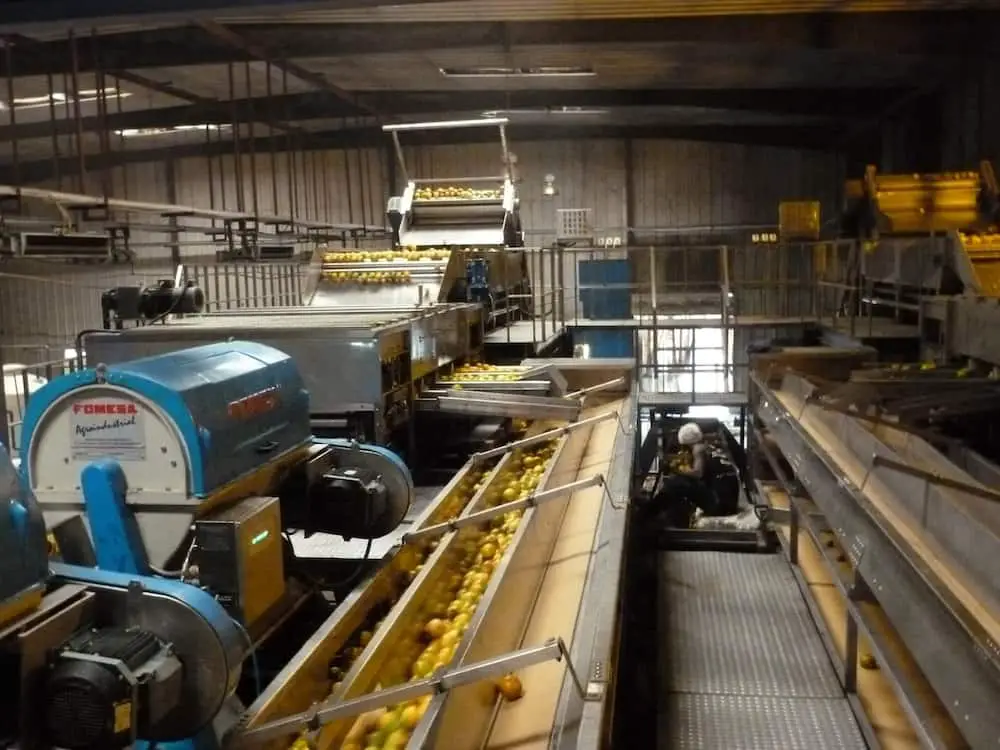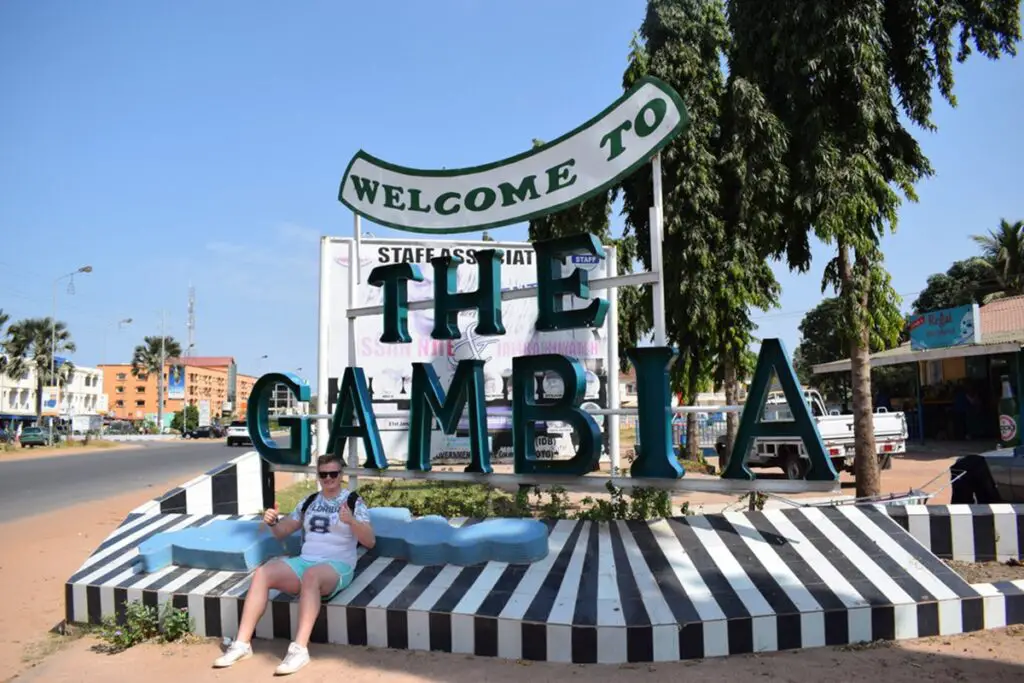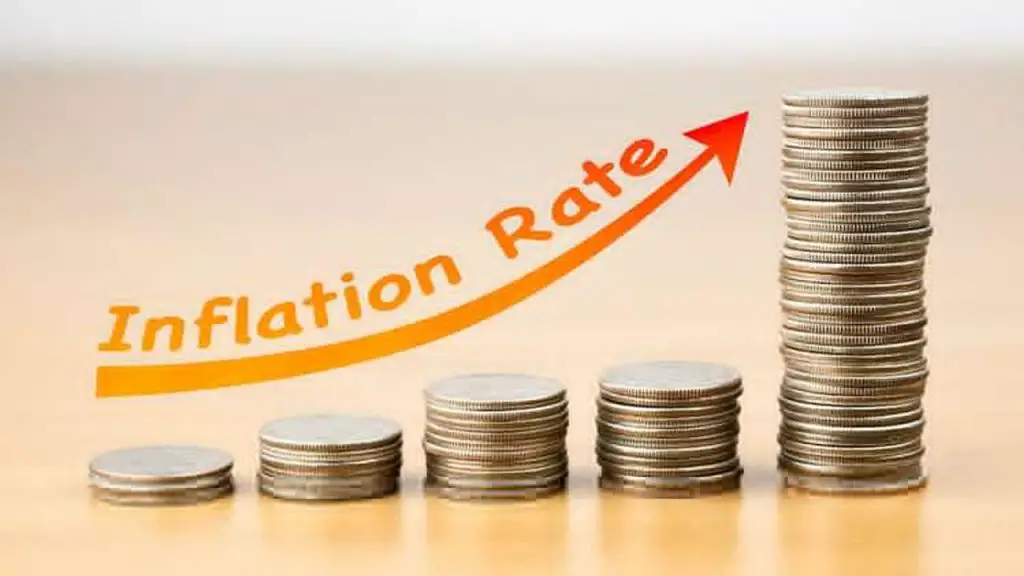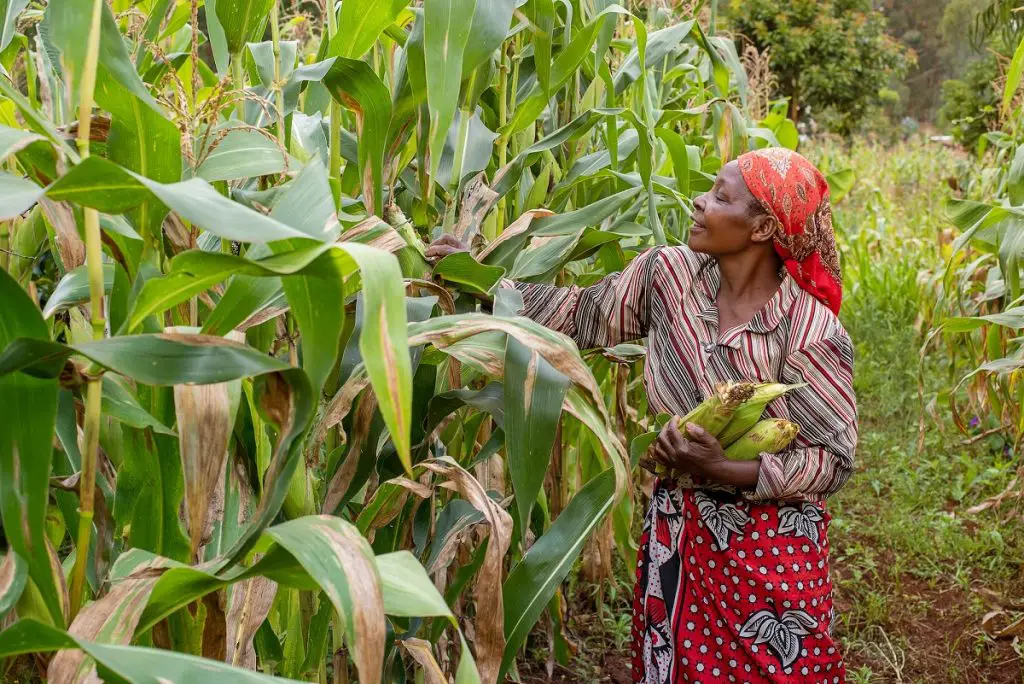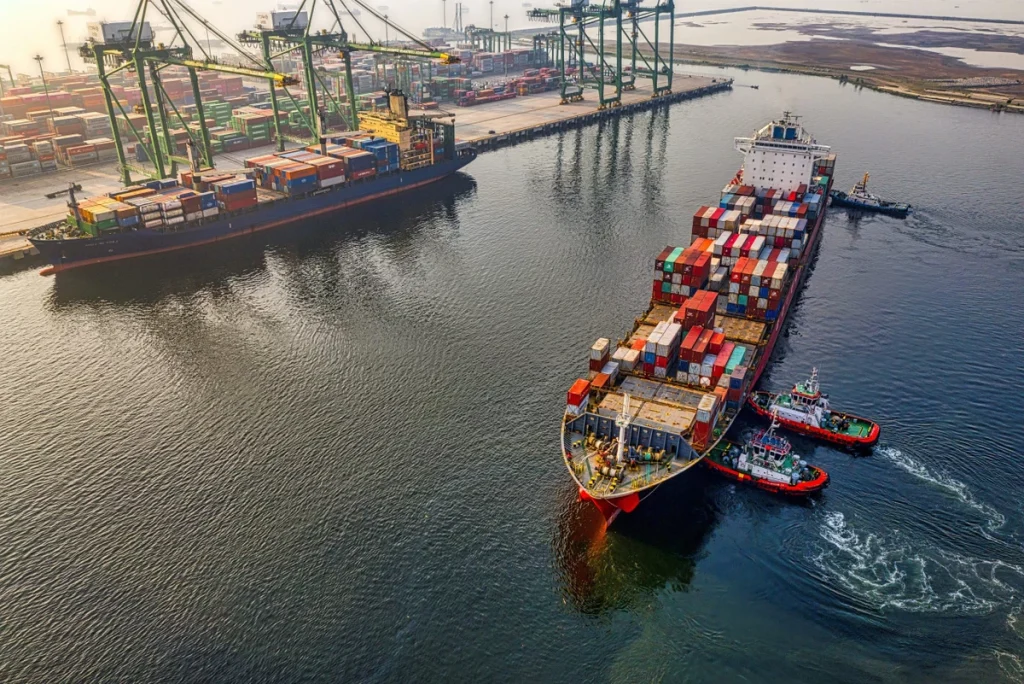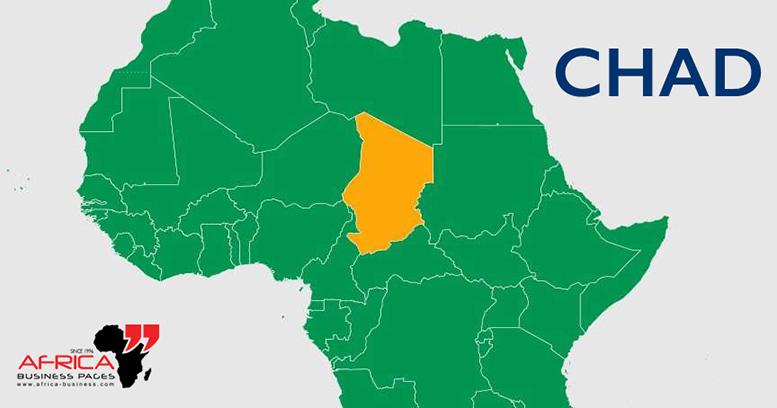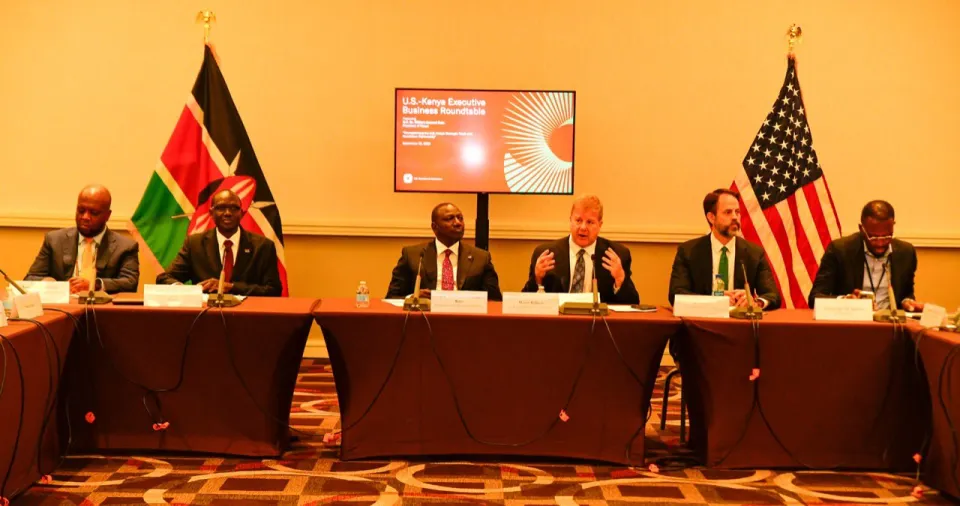- Africa’s new dawn: the rising role of digital and AI in agriculture
- Can Dangote Refinery Transform Africa Energy Ambition
- Gallup Survey: 80 per cent of Kenyan Workers Are Disengaged and Seek New Opportunities
- Madagascar Man Freed from 5KG Tumor After 15-Year Struggle
- How women in Africa are perceived and treated
- Sugar consumption in Kenya to Increase to 1.23 Million Tonnes
- Can Somalia and Turkey Oil deal Bring Change in Somaliland
- Remittances to Kenya dropped to $371.6 million in June, marking a six month low
Browsing: Trade
Mozambique may, however, be offered a lifeline. In its recent position on CBAM, the European Parliament has proposed an amendment to the CBAM legislation through which revenues generated by the CBAM levy could be used to finance least developed countries’ efforts towards the decarbonisation of their manufacturing industries.
If accepted, the funding could be applied to support the implementation of a green industrialization process in the country fuelled by accelerated investments in Mozambique’s unique renewable energy assets.
The trialogues between the European Parliament, the Commission, and the Council on the design and implementation of the CBAM are expected to continue in the coming weeks, which will lead to a decision on the final form of the CBAM. The result of these discussions will show to what extent the EU will walk the talk on realizing a green transition that “leaves no one behind” and ensures that it supports countries like …
Senegal’s oil and gas discoveries account for only 0.07 per cent and 0.5 per cent, respectively, of world reserves.
But Senegal’s Petroleum and Energies Minister Sophie Gladima said, “they are important enough to radically change the economy and industrial fabric of our country and thereby its future prospects.”
“Just exploiting our hydrocarbons will enable us to accelerate public access to electricity and, above all, to lower the cost of production and encourage industrialisation.”
She further underlined the legal framework needed to bring thousands of Senegalese jobs into the sector and the setting up of the National Institute of Oil and Gas to turn out a highly qualified workforce.
Funny enough, Namibia, also admitted as a member, is not yet producing any oil. Namibia recently announced that it would consider joining the Organization of Petroleum Exporting Countries if the oil fields are found to be large enough for commercial development.…
Ghana competes in the global economy primarily using natural resources. Other than the usual exports of cocoa, gold, lumber, and crude oil, Ghana has a competitive advantage in numerous product categories. Increasing the proportion of high-income commodities in the export basket hastens economic transition.
The opportunity is providing better, economically advantageous items to regional and worldwide markets. Cocoa processing, wood processing, aluminium products, palm oil, food and agro-processing, and fish processing are examples of manufacturing sub-sectors that fit these two requirements.
Manufacturing subsectors that capture considerable proportions of manufacturing value-added, such as food and drinks, chemicals, and textiles, have significant technology, knowledge, and skills inherent in them. These assets can be used to produce additional goods within the sub-sector or even outside of it. It is also easier to go up the value chain after you have mastered relevant technologies and markets.…
The Gambia has a small economy that relies primarily on agriculture, tourism, and remittances for support. It remains heavily dependent on the agriculture sector. The Gambia can bank on these sectors for economic growth and to repay their debt.
Gambian agriculture has been characterized by subsistence production of food crops comprising cereals (early millet, late millet, maize, sorghum, rice), and semi-intensive cash crop production (groundnut, cotton, sesame, and horticulture). Farmers generally practice mixed farming, although crops account for a greater portion of the production.
Groundnuts are the traditional cash crop. The Gambia also exports produce to Europe; Gambian mangoes and other fruits may now be found on the shelves of the supermarket chains like Tesco and Sainsburys. The Gambia’s largest trade partner is Cote D’Ivoire, a fellow Economic Community of West African States (ECOWAS) member, from which The Gambia imports the majority of its fuel products. Other major trade partners …
The agreement was finalized during a visit to the NYSE by a South African delegation including JSE Group CEO Dr. Leila Fourie and South African Reserve Bank Governor Lesetja Kganyago. The signing ceremony took place shortly before the delegation rang the Closing Bell, followed by a keynote address by Kganyago on monetary policy.
“The New York Stock Exchange is pleased to sign this collaboration agreement with the Johannesburg Stock Exchange in support of the important economic and trade relationship between our two markets,” said Lynn Martin, NYSE president.
“Exploring the dual listings of companies on our two exchanges stands to increase opportunities for investors on both continents, underscoring the value public companies and our capital markets generate in the global economy. We look forward to collaborating on new product development with the JSE team and to the innovation that comes when two great organizations work together.”…
This year’s progress has been threatened by Russia’s invasion of Ukraine, which has caused a global economic shock that has hit Africa at a time when the government’s policy space to respond to it is small to nonexistent.…
As far as where to put money is concerned, Kenya has numerous investment sectors with tremendous potential. The prospective stability and economic recovery expected under the new administration will no doubt make way for the realization of huge money investments in the countries.…
Recent economic growth and development within Southern and Eastern Africa have created positive opportunities to expand water transportation services. Owing to the impressive growth of the East African economy, where countries like Tanzania and Ethiopia have experienced remarkable growth rates higher than the regional and continental levels, there is a prospect for expanding cargo traffic. A few of the sub-regions ports are experiencing capacity constraints and congestion.…
The major petroleum groups had long been reluctant to become involved in Chadian oil fields. The fields in the central/western and northern parts of the country were located in areas of chronic insecurity.
Then, an unprecedented arrangement was made. The World Bank agreed to finance using public funds. The pipeline would later allow the private operators Exxon, Chevron, and Petronas to transport their crude oil to the Cameroonian port of Kribi. This would enable shipping to European or American refineries, where the oil could be offered on the market at prices that the cost of the transport infrastructure would not burden.
Chad faces military challenges on most of its borders which should be factored as a risk. In the west, in the region of Lake Chad, the army has been fighting the Nigerian Islamist group Boko Haram since 2015. On the border with Sudan, Eastern Chad has seen conflicts between …
Kenya is benefiting from a shift in US foreign policy towards Africa as the global economic giant scales up its presence on the continent to counter rising Chinese influence. China has grown into Kenya’s biggest bilateral lender and source of imports, which grew 9.0 per cent to Sh227.9 billion and accounted for 18.2 per cent of the total import bill in the six-month period.
Kenya is among African nations benefiting from a U.S. shift in foreign policy as it scales up its presence on the continent. The U.S. trade office said the two countries are developing a road map of engagement in agriculture, digital trade, customs procedure and other areas.
However, according to an article by The East African dated September 24, 2022, American technology giants want the Biden administration to compel the Kenyan government to abolish the digital services tax (DST) as a condition for a new trade deal.…





![Is the EU Carbon Border Adjustment Mechanism good for Mozambique’s aluminium exports? Mozal Aluminium. Mozambique’s aluminum exports may be exposed to an annual CBAM levy in the order of €350 million per year. [Photo/Mozal Aluminium]](https://theexchange.africa/wp-content/uploads/2022/11/Mozal-Mozal-Aluminium_Mozal-Aluminium-1024x458.jpg)
